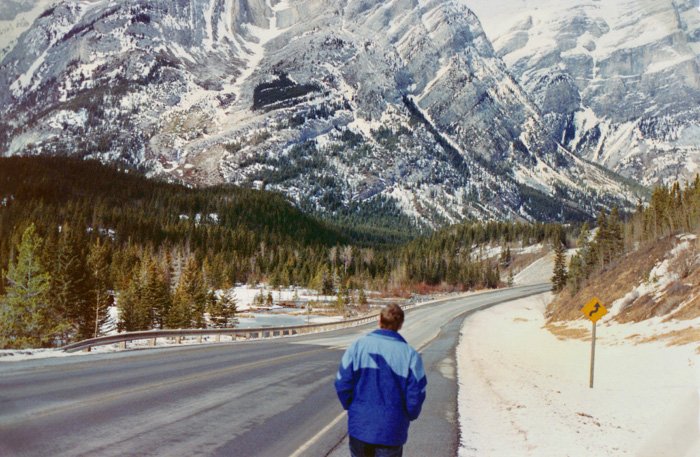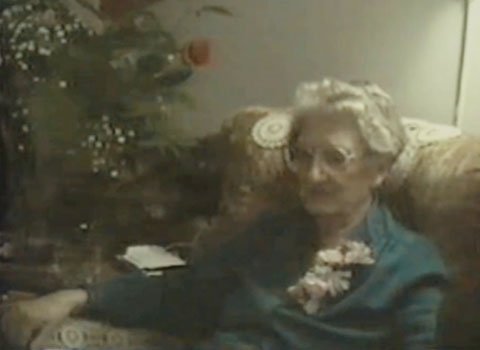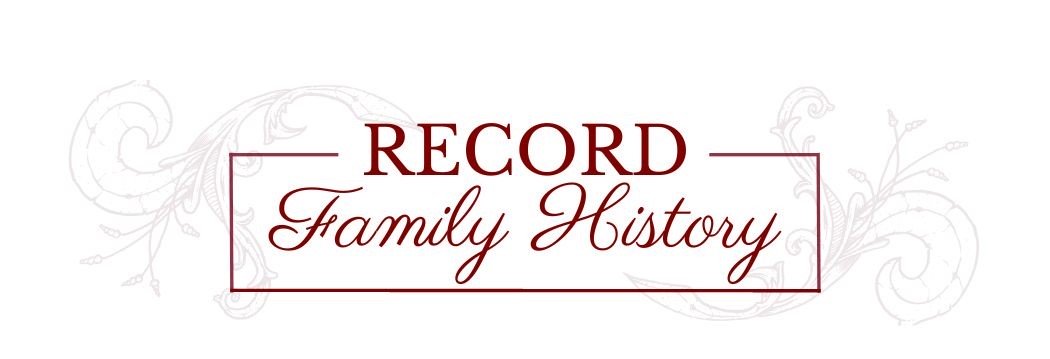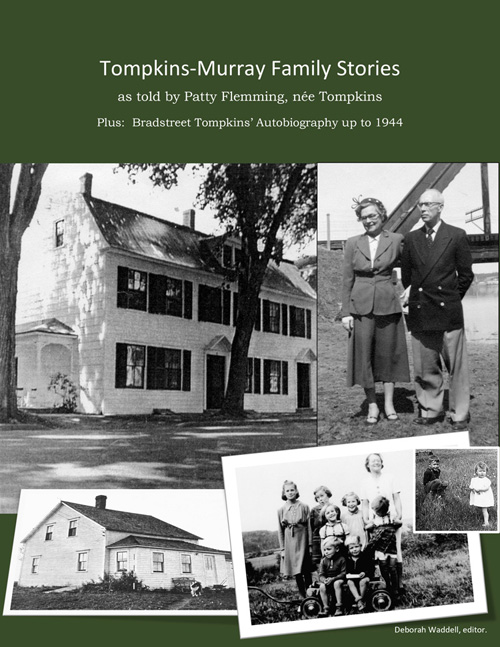your family stories
Why is Oral History Important?
What is Oral History?
Oral history, in essence, is a recorded interview of a person telling stories about their life experiences and knowledge. It's as simple as that. Why is oral history important? Everyone has something to tell about their life: their experiences, their family, important events they witnessed or took part in, their feelings, opinions, their own unique perspective. These first-hand accounts of personal history intersect with political and cultural history to show how world events impacted the individual in the "real world" and in turn, how the individual may have impacted society.
Oral history interviews may focus on one important event, such as a natural disaster or a war experience.
Or, a lifestory interview may start at the beginning of a person's life continuing to the present moment. In telling one's story, the interviewee naturally places meaning on the events that shaped his or her life. "A life story, once told, is itself an act of sythesis." (Steven High, Active History)
Larger oral history projects interview multiple individuals with similar life experience, for example: immigrants to an area from the same country, workers in a specific industry, or long-time residents of a particular area.
Oral history is often used to record the lives of those whose stories and perspectives are underrepresented in written historical accounts. It is also a way for people who feel less confident in their writing abilities to share their life experience.
Oral History for Memoirs
 Looking back along the road you've travelled can inspire insights.
Looking back along the road you've travelled can inspire insights.Why is oral history important for memoirs?
Looking back on your life, perhaps you feel you have acquired wisdom that you'd like to share. Perhaps you want to share stories about your accomplishments and how you achieved them. Or, maybe your spiritual path. How about how you came to be in Canada (or elsewhere) and the challenges you had to overcome to get here. Tell your life story in depth through a series of interviews.
By sharing these stories orally in an interview situation, you can use the resulting transcriptions of these interviews as a foundation for a personal memoir.
Why is Oral History Important in Genealogy?
"Preserving oral history is a critical first phase of genealogical research and data preservation." Lyman D. Platt, Ph.D. for Genealogy.com
When you first learn to research family history, one of the first things you should do is to interview older family members while they're still with you. And while you're interviewing, record it. You may have heard certain stories many times before, but can you retell them with the same detail, the emotion? My guess is no.
Your parents, grandparents, aunts and uncles knew your grandparents well and probably their grandparents and can provide vignettes describing the lifestyle of days gone by and individuals' personalities of those previous generations: priceless.
The other thing that their stories can do is point you in the direction your research will go. They provide clues that lead you on a path to finding the documentation to back up their stories and fill in some of the blanks that even they don't remember. They may also bring to light documents, photos and memorabilia that you otherwise wouldn't know existed.
Why is my grandmother's oral history important to me?
 Nell Waddell seated while being interviewed in a 1989 video.
Nell Waddell seated while being interviewed in a 1989 video.In my experience, my grandmother's oral history interview recorded by my brother on VHS in 1989 on her 90th birthday provided a window into her life and times and a framework for my research into her family's history. She told of her relationships with other family members, their personalities, her feelings about her marriage and the loss of her husband.
You can see that the quality of the image from a digitized VHS is not near today's standards. Furthermore, the audio is fuzzy and the microphone was unable to pick up her voice as well as one would have liked in retrospect.
Nonetheless, there are at least 4 reasons I value this recording so much:
1. When I see her and listen to her voice, it brings me back to when she was alive and I treasure her mannerisms and way of speaking.
2. The people she speaks about, her mother and father, her sister, Cara, and brothers who died in World War 1 are people I never met and she gives details about them that I would never have otherwise known, bringing life to their genealogical data: the births, marriages and deaths.
3. The information she provided about family jobs and homes and coming to Canada provided clues for looking for documentation to confirm her stories.
4. She tells stories about what it was like to be a teenager in Montreal during World War 1, living with and leaving an alcoholic father, bringing up children in Montreal and Ste-Rose-de-Laval, her work life over the years. This is first-hand knowledge of history and how it affected the average person.
5. Finally, she expresses thoughts and feelings on her life experiences which are not to be found anywhere else.
When to record an Oral History Interview?
- When you're starting your genealogical journey - interview the elders. Record the interview and transcribe it to get the most out of the experience for the future.
- When someone you love is aging and you realize you haven't got their voice and stories saved for posterity.
- When a loved one is diagnosed with with Alzheimers or a terminal illness and you want to capture their essence and their story while you still can.
- When you have a story you feel you must tell. Do you want to create a memoir of your own life to leave to your family? Telling it to someone orally and recording and transcribing it is faster and easier than trying to write it. Once it is recorded and transcribed, the story can more easily be manipulated and reorganized if you so choose, or left as is.
- Anytime. At any stage in life, it would be fun to have a recording of your voice or your children's voices or your parents'. Our perspective changes as we get older as do our voices. Can you remember the sound of your childrens' voices when they were young? So precious to capture. Here is a snippet of my son "reporting" on one of his hockey team's games when he was 9 years old.
Go to Print Photo Organization
Go to Scanning and Digitization








